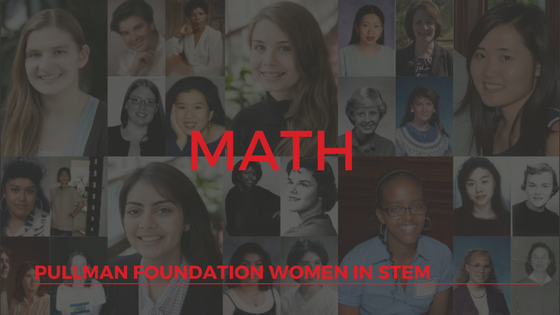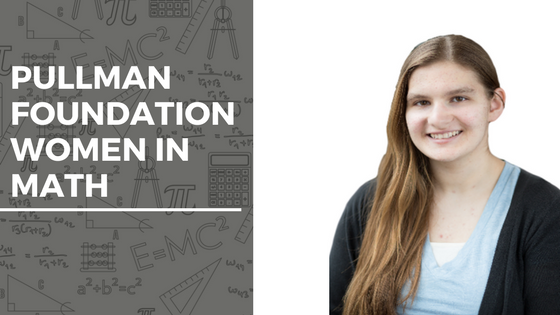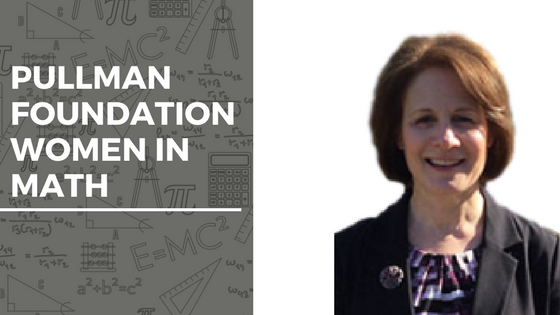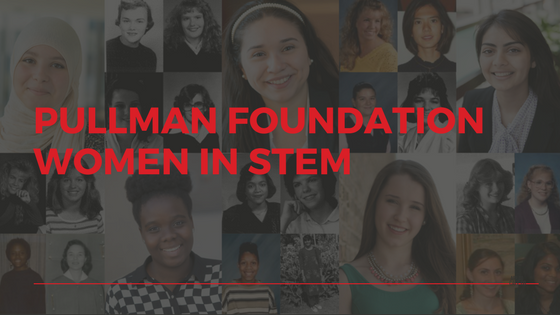Today is the last day of Pullman Women in Math and our Pullman Foundation Women in STEM campaign. Thank you to everyone who shared their stories and resources for making this campaign possible. If you missed any of the posts, you can find links to each career field here. But for Math lovers, check out the following […]
Math Organizations



